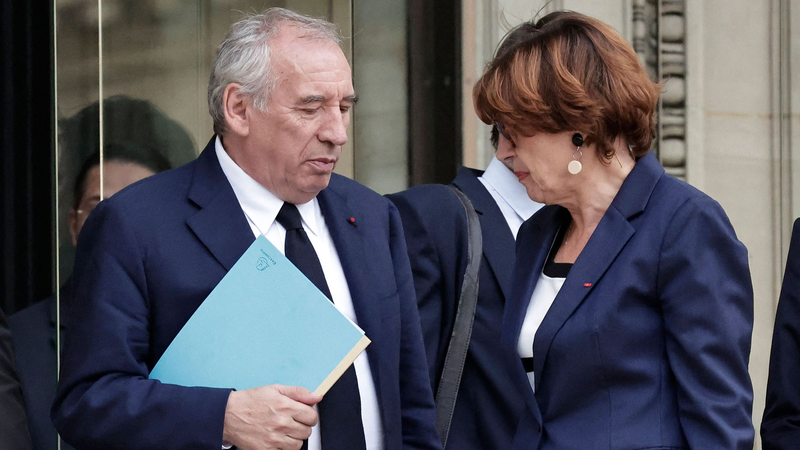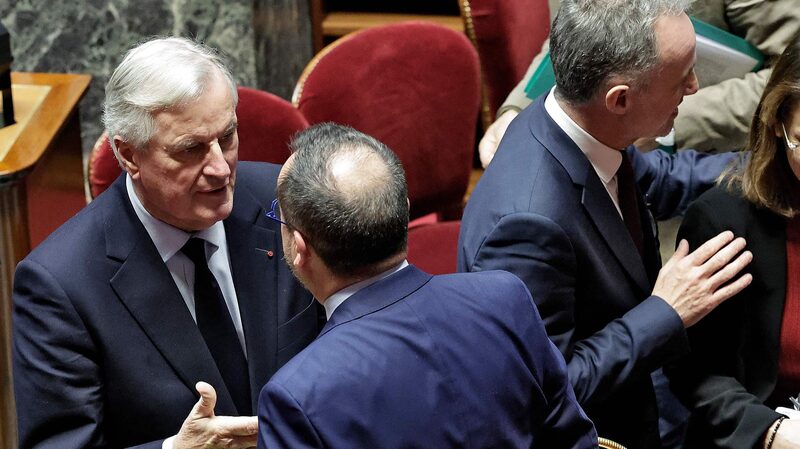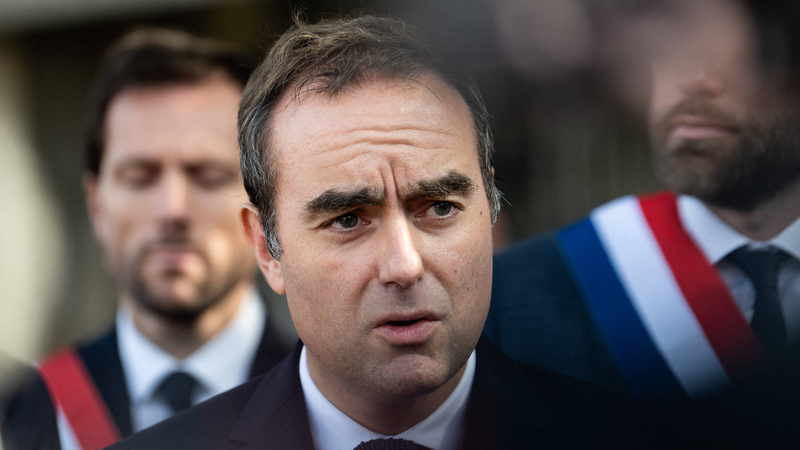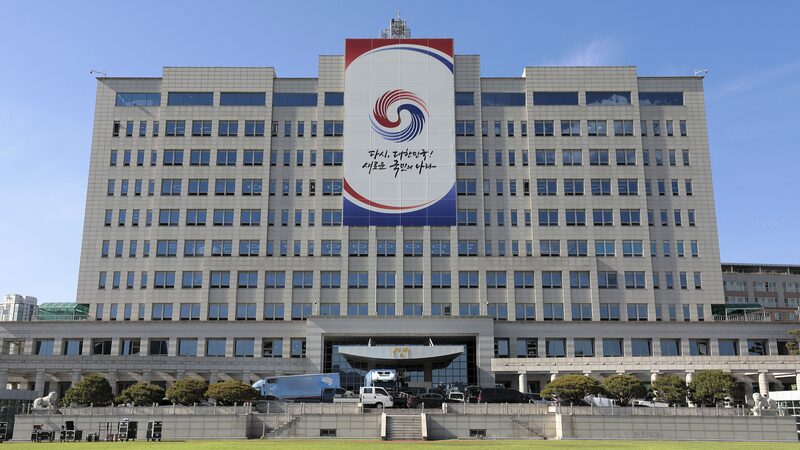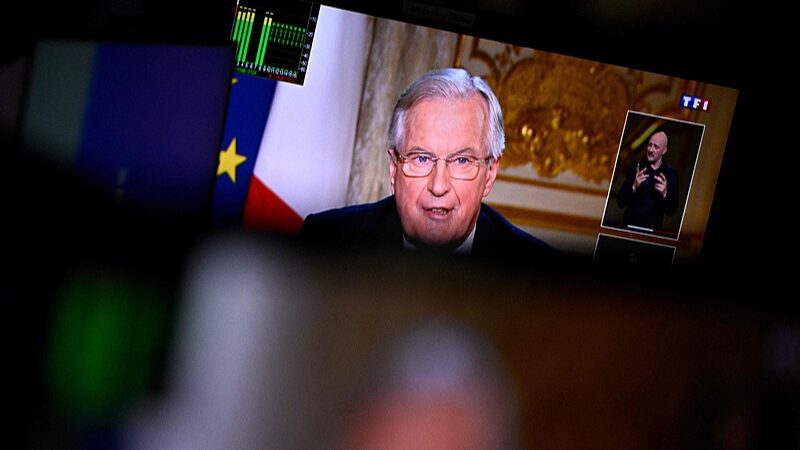France's political landscape faces unprecedented turmoil after Prime Minister Francois Bayrou was ousted in a historic no-confidence vote Monday. The National Assembly rejected Bayrou's austerity-focused budget plan with only 194 of 558 lawmakers supporting his government, marking the first collapse of a French administration during a confidence vote under the Fifth Republic.
The crisis centers on France's mounting public debt, which reached 114% of GDP (€3.35 trillion) in early 2025. Bayrou warned deputies before the vote that the country's financial trajectory posed existential risks, stating: "Reality will remain inexorable… the burden of debt, already unbearable, will grow heavier."
Far-right National Rally leader Marine Le Pen immediately called for President Emmanuel Macron to dissolve parliament, arguing fresh elections could break the deadlock. The political shakeup raises questions about France's ability to implement fiscal reforms amid European economic pressures.
Analysts suggest the instability could ripple through EU financial markets, potentially affecting Asian investors with European exposure. The crisis also highlights challenges facing developed economies balancing austerity measures with social spending – a dynamic increasingly relevant to Asian policymakers.
Reference(s):
French parliament ousts prime minister, deepening political crisis
cgtn.com
